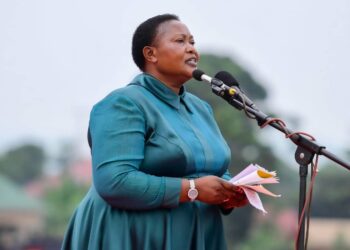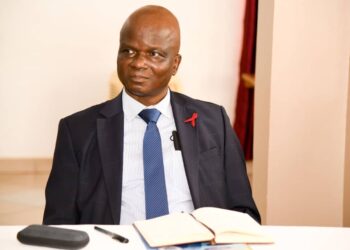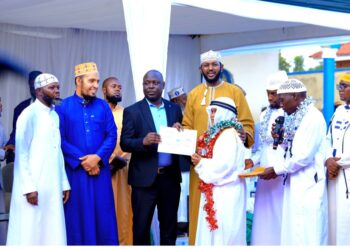United National High Commissioner for Refugees (UNHCR) is set to allocate Shs370M to ensure that all young refugee students in Palorinya settlement complete their secondary education.
Last July, government together with some development partners and United Nations agencies launched the Education Response Plan (ERP) aimed at providing quality education for hundreds of thousands of refugee and host community children in Uganda.
Over 353,000 refugee children in Uganda and 171,000 local children in refugee-hosting districts do not have access to education.
After a five-day tour of the refugee settlements in Adjumani, Moyo and Yumbe districts, UNHCR deputy high commissioner Kelly T. Clements was moved by the challenges faced by refugee students in a struggle to attain education.
“We all want to prevent a generation of young people from being lost because they feel the future holds so little for them. It’s in places like Palorinya that more global solidarity with countries and people hosting refugees must be demonstrated,” Ms Clements told the media on Tuesday in Kampala.
She added, “As part of a focus on education UNHCR would re-allocate Usd100,000 (Shs370m) to ensure that young students in Palorinya refugee settlement in Moyo district can access education.”
According to Clements, Palorinya settlement students were facing a lot of challenges citing an incident where one refugee committed suicide after failing to get school fees.
According to UNHCR framework, the funds provided will cover school fees for more than 500 refugees and Ugandan youth who cannot afford to stay in school
“This new support will also help to improve conditions in the secondary schools and provide small but critical supplies that can affect school attendance, like sanitary pads for the female students,” she added.
Clement appreciated Uganda’s policies of supporting refugees and allowing them to access services like the nationals and she called upon other countries to lend their support to refugee-hosting countries.
“I have been impressed extremely at how Uganda’s inclusive policies have improved the lives of refugees and the communities hosting them. Uganda represents the global compact in action, but the country can’t do it alone more global support is needed especially in the areas of education, economic opportunities and environment.”
Currently, Uganda is hosting over 1.2 million refugees in different districts and most of these come from countries like South Sudan, Democratic Republic of Congo, Burundi, Somalia and Rwanda living in over 30 settlements and Kampala.
Do you have a story in your community or an opinion to share with us: Email us at editorial@watchdoguganda.com











